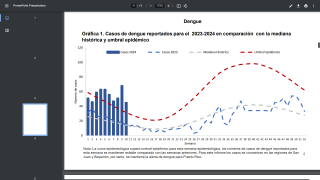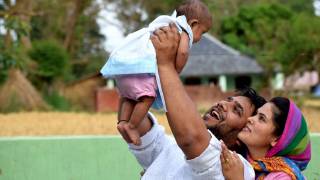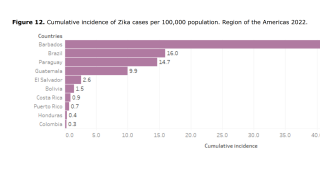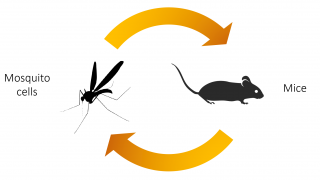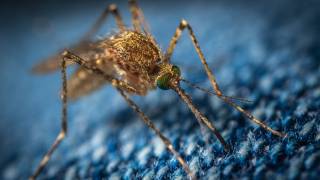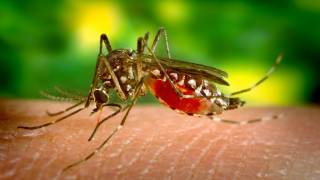Zika Vaccine Candidate Launches Human Study

Vaccinations have begun in a first-in-human trial of an experimental live, attenuated Zika virus vaccine.
This new clinical study is important since there is not a licensed vaccine for Zika virus available today.
As of July 17, 2018, the Zika registry had recorded 2,474 pregnancies in states and the District of Columbia and 4,900 pregnancies in U.S. territories and freely associated states, since 2015.
Stephen Whitehead, Ph.D., at the National Institute of Allergy and Infectious Diseases (NIAID) Laboratory of Viral Diseases, led the efforts to develop the experimental vaccine, known as rZIKV/D4Δ30-713.
Charles River Laboratories manufactured the vaccine candidate for the Phase 1 clinical trial.
The NIAID laboratory used genetic engineering techniques to create a chimeric virus, made by combining genes from multiple viruses.
The chimeric virus consists of a dengue virus type 4 backbone that expresses Zika virus surface proteins. The chimeric virus is live but attenuated or weakened, so it cannot cause disease in recipients.
When injected into the body, the weakened virus should prompt an immune response.
The Phase 1 clinical trial will enroll a total of 28 healthy, non-pregnant adults, ages 18 to 50, and will analyze this response in participants and assess the safety of the experimental vaccine, which showed promise in earlier tests in rhesus macaque monkeys.
Although most people experience a mild illness or no symptoms when infected with Zika virus, babies born to women infected with Zika virus during pregnancy may have birth defects and/or develop health problems in their early years.
Zika virus is primarily transmitted to humans by the bite of an infected mosquito or can be transmitted through sex.
As a result, the Centers for Disease Control and Prevention (CDC) advises that pregnant women should not travel to areas with risk of Zika. CDC also recommends that partners of pregnant women and couples considering pregnancy should know pregnancy risks and take certain precautions.
“Zika virus infection remains a significant threat to pregnant women and their developing fetuses, and we can expect to see periodic outbreaks and cases in areas where Aedes aegypti mosquitoes thrive,” said NIAID Director Anthony S. Fauci, M.D.
“NIAID remains committed to developing safe and effective Zika vaccines, and we are pleased to begin clinical testing of a live attenuated candidate.”
For more information, visit ClinicalTrials.gov and search identifier NCT03611946.
NIAID-related materials are available on the NIAID website.
The NIAID is sponsoring the trial.
Our Trust Standards: Medical Advisory Committee


